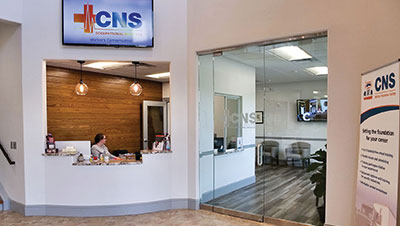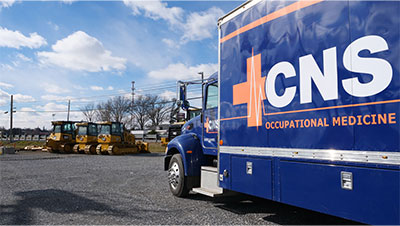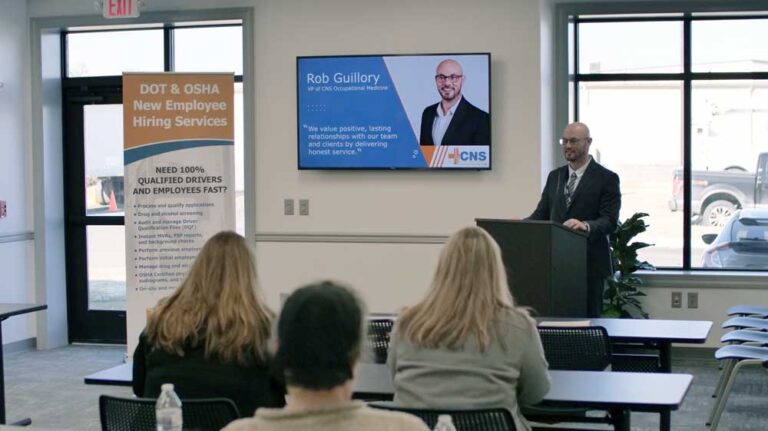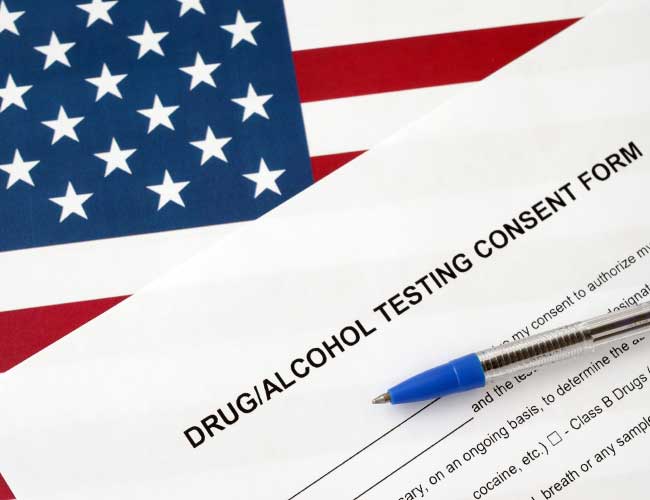While a company drug testing program is not often considered a human resources priority, a well written policy can protect the company from liability by integrating safe and ethical procedures into its daily operations.
The worst thing a company can face is a lawsuit for firing an employee or prospective employee that can be viewed as discriminatory or against the law.
The monetary damages and statutory penalties from these types of lawsuits can be astronomical.
However, when a policy is created with care and followed fairly, it can protect an employer in these types of lawsuits.
Earlier this month, a U.S. District Court dismissed the lawsuit of a former employee in California who claimed disability discrimination after he was terminated for testing positive for marijuana in a pre-employment drug test.
The Court held, in the case Espindola v. Wismettac Asian Foods, Inc., Case 2:20-cv-03702 (C.D. Cal. Apr. 28, 2021), that “an employer can condition an offer of employment on passing a pre-employment drug screening, including a test for marijuana”.
The Court further held that an employer does not have any obligation to engage in the interactive process before terminating an employee under such circumstances.
The details of the case
In this case, the employer contacted the employee to schedule a pre-employment drug screening, which the employer required of all prospective employees after they are offered a position and before starting work.
The test was postponed until after employment began at the employee’s request.
The employee then completed a “personnel information sheet” on which he indicated he was not “disabled,” and he signed a drug testing consent form and disclosed for the first time that he had “chronic back pain” and had been “prescribed” marijuana to treat his condition.
Importantly, the employee did not provide any details or documentation to substantiate the nature of his condition or to explain any limitations on his ability to perform his job.
The employee forwarded Human Resources his medical marijuana card (which he obtained after he learned of the impending drug test), took the required drug test, and tested positive for marijuana.
His employment was then terminated based on the results of the drug test.
In response, the employee filed a lawsuit for retaliation and disability discrimination under the California Fair Employment and Housing Act (“FEHA”) as well as claims for wrongful termination, failure to accommodate a disability, and failure to engage in the interactive process.
The outcome of the case
The Judge ruled that the employee failed to establish he suffered from a disability given the lack of detail or documentation submitted to the employer.
The Court held that chronic back pain “without more evidence” does not qualify as a disability under FEHA and that “an employer does not have to accept an employee’s subjective belief that he is disabled.”
Regardless, the employer established a legitimate, nondiscriminatory reason for the employee’s termination (i.e., the failed drug test), and it was under no obligation to engage in the interactive process before the employee passed the test.
This is why it is important to understand your state and federal requirements when establishing a drug and alcohol testing program. For instance, this policy is not legal if they were an employer in San Francisco.
CNS Administrative Testing Services
Our experts ensure that all state and federal rules and regulations are followed, including the implementation of random drug tests for your employees. We take all the necessary steps and precautions to keep you and your staff compliant with the any drug and alcohol testing requirements.
At CNS, our Administrative Testing Services provide drug screening management, coordination, and completion of the following three areas:
Collection Sites/Network
- Over 15,000 collection sites nationally
- 24-hour post-accident sites
Laboratory Specimen Testing & Analysis
- Laboratory approved and certified
- Appointment setting
- Web-based test results
- Quick turnaround
Medical Review Officer (MRO)
- Licensed physicians
For more information, contact us at 800.551.9816 or info@cnsoccmed.com.










